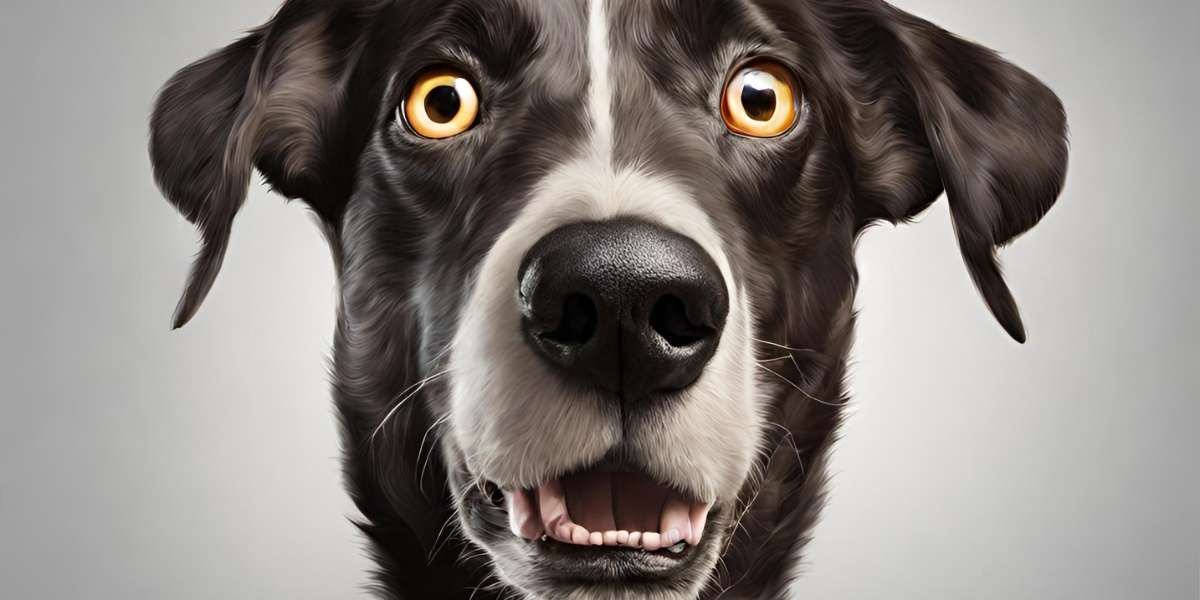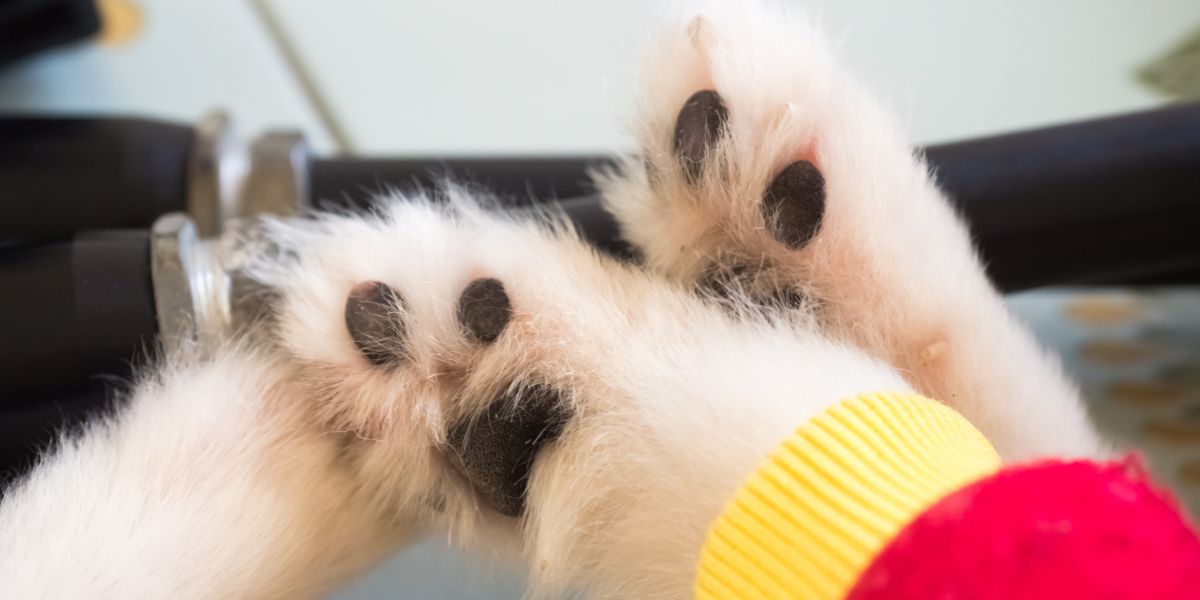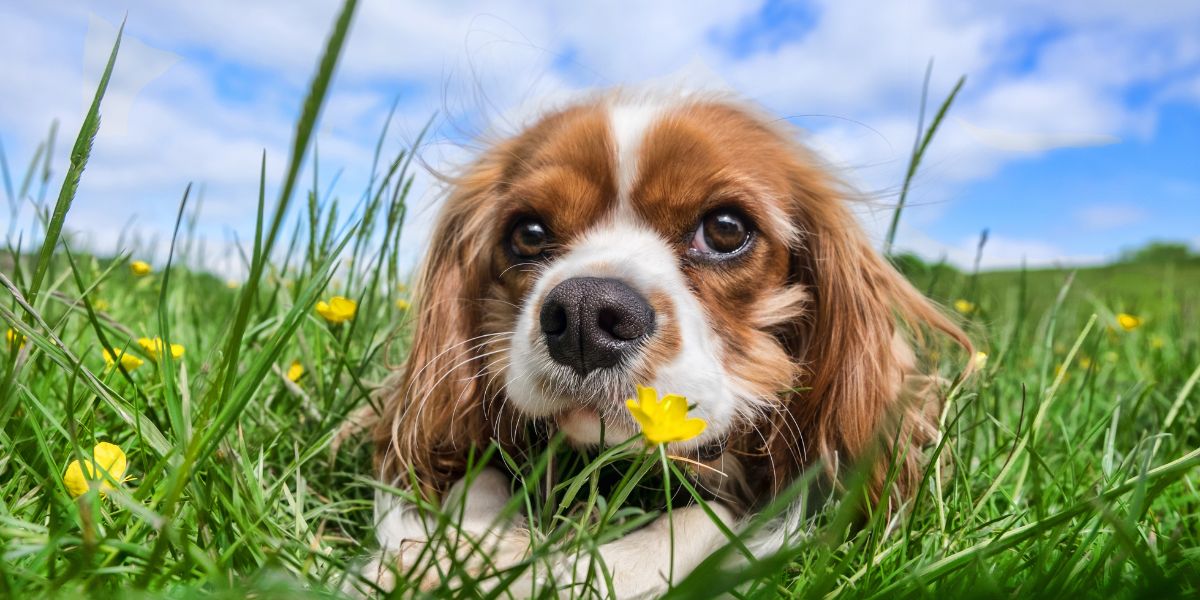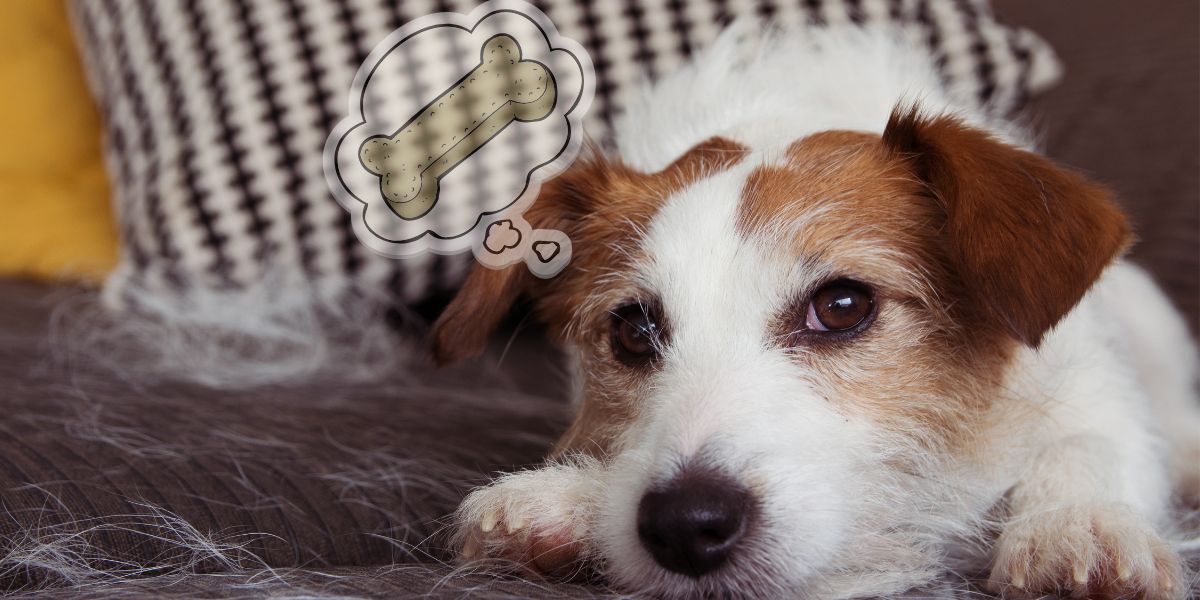As a responsible pet owner, it’s crucial to pay attention to your dogs health and well-being, including often overlooked areas like the anal glands. These small sacs, located on either side of your dog’s anus, play a vital role in their bodily functions. However, when these glands become impacted or infected, it can lead to discomfort and potential health issues.
Signs that Your Dog’s Anal Glands Need Attention:
- Excessive Scooting:
One of the most common signs that your dog’s anal glands may be causing discomfort is excessive scooting. If your dog is dragging their rear end along the floor more frequently than usual, it may indicate a problem with the anal glands. - Foul Odour:
A strong, unpleasant odour emanating from your dog’s rear end is another red flag. Anal gland secretions have a distinct smell, and an offensive odour could suggest an issue with these glands. - Changes in Behaviour:
Pay attention to any changes in your dog’s behaviour, such as increased licking or biting around the tail area. Discomfort and irritation caused by anal gland problems may manifest in altered behaviour. - Visible Swelling or Redness:
If you notice swelling, redness, or irritation around your dog’s anus, it could be a sign of anal gland issues. These symptoms may indicate inflammation or infection in the glands.
Importance of Professional Consultation:
It’s essential to consult with a professional dog groomer or veterinarian if you suspect your dog’s anal glands need attention. Attempting to express the glands at home without proper knowledge and experience can lead to injury or further complications. A trained professional can accurately assess the situation, provide appropriate treatment, and offer guidance on preventing future issues.
Preventing Reoccurring Anal Gland Problems:
- Balanced Diet:
Ensure your dog is on a balanced and high-fibre diet. This can help regulate bowel movements and promote natural expression of the anal glands. - Regular Exercise:
Adequate exercise is crucial for maintaining your dog’s overall health, including proper functioning of the anal glands. Regular physical activity can contribute to a healthy digestive system. - Routine Grooming:
Regular grooming sessions, including cleaning the anal area, can help prevent impaction or infection of the anal glands. If you’re unsure how to do this safely, consult with a professional groomer. - Hygiene and Regular Vet Check-ups:
Maintaining good hygiene for your dog, including regular bathing, is important. Additionally, schedule routine veterinary check-ups to catch any potential issues early on.
Conclusion:
Being attentive to your dog’s anal gland health is an essential aspect of responsible pet ownership. By recognising the signs of potential issues, seeking professional assistance, and implementing preventive measures, you can ensure your furry friend enjoys optimal well-being. Remember, always consult with a veterinarian or groomer for accurate diagnosis and safe treatment of any anal gland problems.








